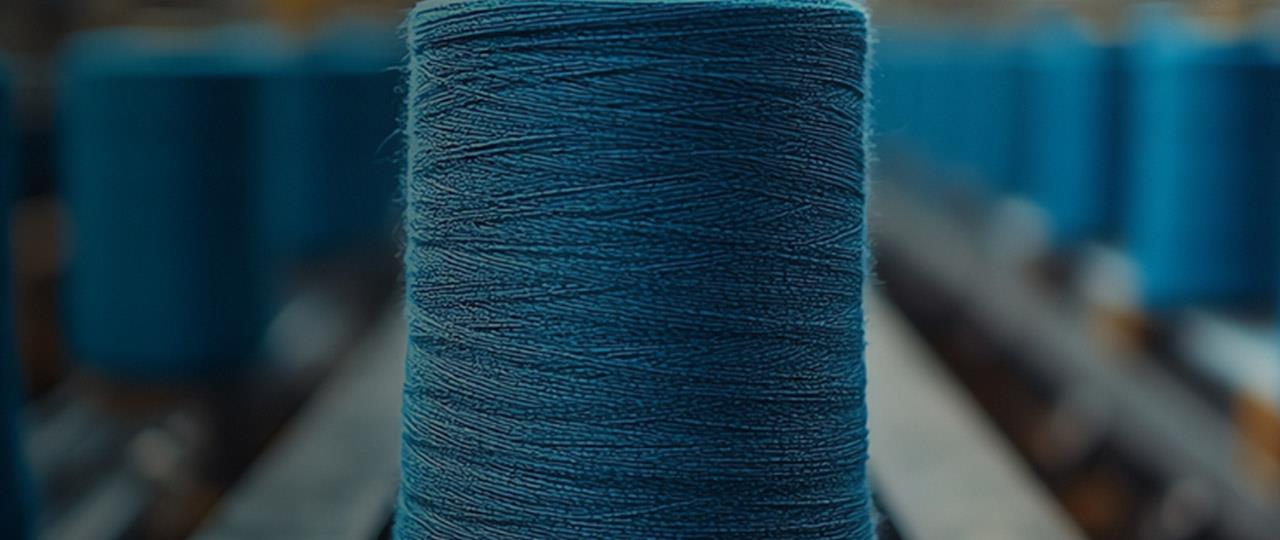
**Creative Application of Brewery Yeast Byproduct as Textile Fibers**
Researchers in the United States have created an innovative technique to convert brewery yeast byproduct into textile fibers, establishing it as a sustainable substitute for conventional materials. Spearheaded by Melik Demirel at Pennsylvania State University, the group has unveiled an enzymatic approach to transform fermented yeast proteins into a fiber that exceeds wool in durability.
This method utilizes a proprietary enzyme blend to dismantle the cell walls of brewer’s yeast, changing the proteins into insoluble aggregates. These aggregates are then dissolved, along with cellulose, in the organic solvent N-methyl morpholine N-oxide, typically employed in the lyocell method for eco-friendly textiles.
The protein-rich solution is extruded through spinnerets to create fibers, which are later processed into yarn and woven into fabrics. The anticipated cost for mass production of these fibers is projected at $6/kg, potentially decreasing to $2/kg with higher production levels, making it competitive with standard fibers such as wool, cotton, and polyester.
Initial production at Germany’s TITK research institute has successfully generated 500kg, with plans to reach 5 tonnes by the end of the year. Yeast byproduct, readily available from major brewers, is a significant, low-cost material that is mainly used for animal feed at present.
This innovative technique not only tackles waste management issues but also offers a scalable, environmentally friendly alternative to traditional textile manufacturing, reducing dependence on agricultural land and lessening ecological effects. Demirel and his enterprise, Tandem Repeat, have started to commercialize apparel, such as sweaters, from this cutting-edge material under the brand Sonachic. As the demand for sustainable goods rises, this yeast-based fiber has the potential to make a substantial impact on the textile sector.